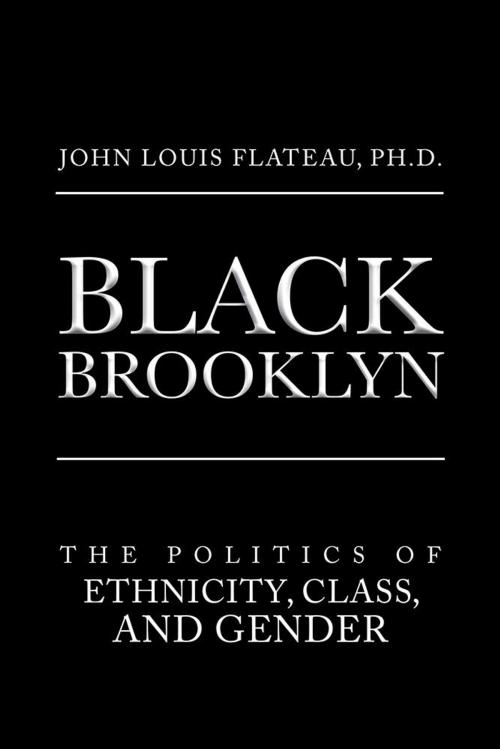Black Brooklyn
The Politics of Ethnicity, Class, and Gender
Nonfiction, Reference & Language, Education & Teaching| Author: | John Louis Flateau Ph.D. | ISBN: | 9781524645595 |
| Publisher: | AuthorHouse | Publication: | November 18, 2016 |
| Imprint: | AuthorHouse | Language: | English |
| Author: | John Louis Flateau Ph.D. |
| ISBN: | 9781524645595 |
| Publisher: | AuthorHouse |
| Publication: | November 18, 2016 |
| Imprint: | AuthorHouse |
| Language: | English |
Black Brooklyn: The Politics of Ethnicity, Class and Gender, is a story about the oldest, largest, most diverse Black urban community in North America. With a million people in nine communities and nearly a half million voters, it has impacted county, State and national elections and public policy. This work analyzes Black Brooklyn along the lines of its ethnic similarities and differences; socio-economic class, gender and intergenerational dynamics; and other internal and external influences. Using historical analysis, elite interviews and election and demographic analysis, this work shows how these factors influence the political behaviors of African Americans and Caribbean Americans: who they vote for (candidate choice); their levels of political participation (voter turnout); and why, they vote the way they do. Soon, 80 percent of the world population will reside in cities, largely of color. Better understanding urban democracies, their people, politics and governance is a key to sustainable cities of the future. This Black Brooklyn study provides a solid path to the future. Visit www.johnflateau.com
Black Brooklyn: The Politics of Ethnicity, Class and Gender, is a story about the oldest, largest, most diverse Black urban community in North America. With a million people in nine communities and nearly a half million voters, it has impacted county, State and national elections and public policy. This work analyzes Black Brooklyn along the lines of its ethnic similarities and differences; socio-economic class, gender and intergenerational dynamics; and other internal and external influences. Using historical analysis, elite interviews and election and demographic analysis, this work shows how these factors influence the political behaviors of African Americans and Caribbean Americans: who they vote for (candidate choice); their levels of political participation (voter turnout); and why, they vote the way they do. Soon, 80 percent of the world population will reside in cities, largely of color. Better understanding urban democracies, their people, politics and governance is a key to sustainable cities of the future. This Black Brooklyn study provides a solid path to the future. Visit www.johnflateau.com















